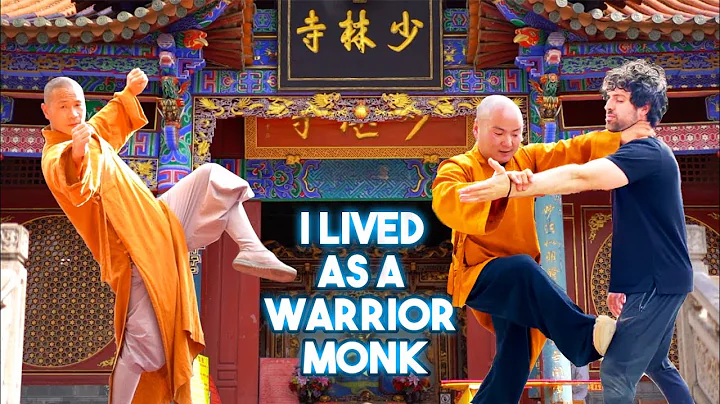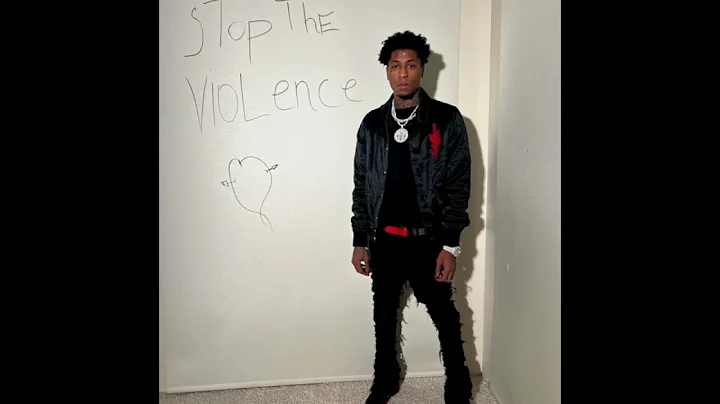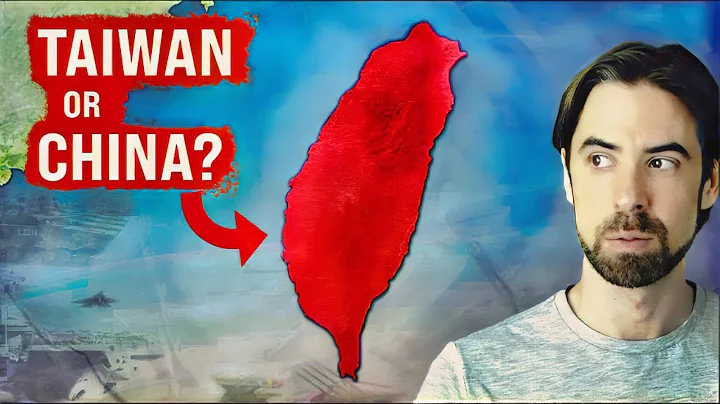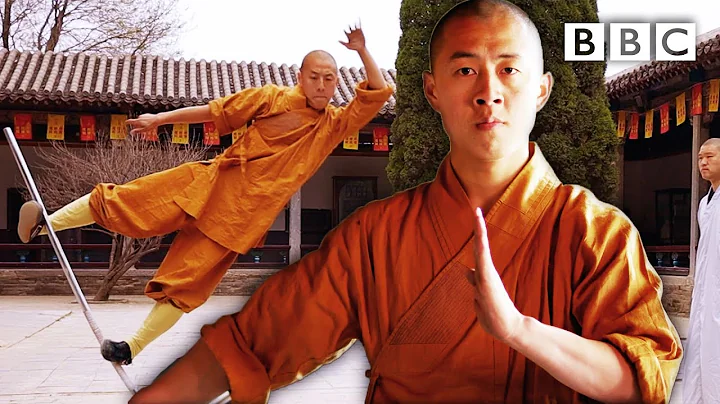Su Shi (1037—1101), named Zizhan, named Dongpojushi, known as Su Dongpo in the world, was born in Meishan Meizhou (now Meishan City, Sichuan Province) in the Northern Song Dynasty, and was a famous writer, calligrapher and painter in the Northern Song Dynasty.
Su Dongpo got his best in his early years. In the first year of Jiayou (1056), when Su Shi was 21 years old, he and his younger brother Su Che followed his father Su Xun to Beijing for the first time to participate in the imperial examination. In the second year, he took the second place in the Jinshi exam hosted by literary leader Ouyang Xiu (the examiner Ouyang Xiu mistakenly believed that Su Shi’s essay was written by his disciple Zeng Gong, and in order to avoid suspicion, Su Shi was only second) and became a Jia A Jinshi in the You Years, he was only twenty-two years old. However, soon after, he encountered a series of bad luck in his life.

The first ordeal: Because of political disagreement with Wang Anshi, I asked for release.
In the second year of Xining (1069), Wang Anshi began to implement reforms with the support of Song Shenzong. Su Shi wrote to talk about the shortcomings of the new law. Wang Anshi was very angry and asked Yu Shi Xie Jing to tell the emperor about Su Shi's fault. Su Shi then asked to go to Beijing to serve: from Xining four years to Xining seven years (1074), he was sent to Hangzhou for Rentong sentence, Xining seven years autumn transferred to Mizhou (Shandong Zhucheng) to serve as Zhizhou, Xining ten years (1077) ) From April to the second year of Yuanfeng (1079), he served as the Zhizhou in Xuzhou in March, and was transferred to Huzhou as the Zhizhou in April of the second year of Yuanfeng. Innovate and eliminate malpractices, facilitate the people in accordance with the law, and have achieved political achievements.
The second ordeal: jailed for "Wutai Poetry Case".
In the second year of Yuanfeng (1079), Su Shi was 43 years old and was transferred to the prefecture of Huzhou. After taking office, he wrote a "Huzhou Thank You Form" to the emperor. This was a routine affair, but Su Shi was a poet, and his writing was often emotional. Even in official articles, he couldn't forget to add a little personal touch, saying that he was "stupid and untimely." "It’s hard to chase the new entrants", "the old do not make trouble or can shepherd the small people", these words were caught by the New Party, saying that he was "fooling the government and arrogant", saying that he "brings grievances and anger" and "denounce "Cheng Yu", "concealing evil intentions", satirizing the government, recklessly, and disloyal to the emperor, such a serious crime is more than deadly.
For a time, there was a sound of falling Soviet Union in the court. On July 28 of this year, only three months after Su Shi took office, he was arrested by the servants of Yushitai and sent to the capital. There were dozens of people involved. This is the famous "Wutai Poem Case" in the Northern Song Dynasty (Wutai, or Yushitai, is called Wutai because of the planting of cypress trees and crows inhabiting it all year round).
This huge blow to the Wutai poem case became a turning point in Su Shi's life. The new parties must put Su Shi to death. However, rescue activities are also being carried out at the same time as the ruling and opposition parties. Not only have many elders who have the same political views as Su Shi have written letters, even some insightful people of the reformist also advised Shenzong not to kill Su Shi. At that time, Wang Anshi retired to Jinling, and he also wrote a letter saying: "If there is a saint, kill talents?" With everyone's efforts, this poem case was "decided with one word" by Wang Anshi, and Su Shi was given a lighter sentence and relegated to Huangzhou. (Today Huanggang, Hubei) Deputy Envoy of Tuan Lian, resettled in this prefecture, under supervision of local officials Su Shi spent a total of 103 days in prison and was on the verge of being beheaded several times. Fortunately, Song Taizu Zhao Kuangyin set the national policy not to kill scholar-bureaucrats, and Su Shi escaped the catastrophe.

The third ordeal: being demoted to Huangzhou.
After being released from prison, Su Shi was demoted to Huangzhou (now Huanggang City, Hubei) regiment practice deputy envoy (equivalent to the modern civilian deputy captain of the Self-Defense Force). This position is quite low and has no real power. At this time, Su Shi has become frustrated after this battle. After Su Shi took office, he was depressed. He had visited the Chibi Mountain outside Huangzhou many times and wrote "Chibi Fu". , "Hou Chibi Fu" and "Niannujiao·Chibi Nostalgia" and other masterpieces of the ages, to entrust his thoughts and feelings during his exile. When he was free, he led his family to reclaim a sloping field in the east of the city to help make a living by farming. The nickname of "Dongpo Lay" was he started at this time.
The fourth ordeal: a comeback, but will be transferred again soon.
In 1084 (the seventh year of Yuanfeng), Su Shi left Huangzhou and took office in Ruzhou. Su Shi's infant died unfortunately because of the long journey and the exhausted journey. At this time, Song Shenzong died and Song Zhezong came to the throne. Empress Gao, under the name of Zhezong’s young age, listened to politics in court and reactivated the old parties such as Sima Guang, headed by Wang Anshi.The new party was suppressed. Su Shi was summoned back to the court as a philanthropist.
Su Shi was promoted to a dormitory after half a month. When he saw the emerging forces desperately suppressing the Wang Anshi Group’s figures and repealing the new law, he believed that it was no more than the so-called "king party". He once again challenged the emperor, which aroused strong opposition from the conservative forces. Framed by false accusations. So far, Su Shi could neither tolerate the new party nor forgive him for the old party, so he once again asked for external transfer.
The fifth ordeal, and was demoted several times on the basis of the fourth ordeal.
In the fourth year of Yuanyou (1089), Su Shi was a bachelor of Longtuge and knew Hangzhou. As the West Lake has not been dredged for a long time, agricultural production has been seriously affected. In the second year that Su Shi came to Hangzhou, he led a crowd to dredge the West Lake and used more than 200,000 migrant workers. He gathered the silt that he dug up and built a long embankment that runs through the West Lake. Later, it was called "Su Gong Dike" or "Su Dike" for short.
Su Shi had a very comfortable life in Hangzhou, compared to Bai Juyi in the Tang Dynasty. But in the sixth year of Yuanyou (1091), he was recalled to the court. Soon he was transferred to Yingzhou in August of the sixth year of Yuanyou as the prefect of Yangzhou, and in the seventh year of Yuanyou (1092) as the prefect of Yangzhou, and in the eighth year of Yuanyou (1093) as the prefect of Dingzhou in September.
In the eighth year of Yuanyou, the Queen Mother Gao died, Zhezong was in power, and the New Party was in power again. In June of the first year of Shaosheng (1094), he was not the deputy envoy of Ning Yuan’s army. Su Shi was again demoted to Huiyang (now Huizhou, Guangdong) ).

In the fourth year of Shaosheng (1097), the 62-year-old Su Shi was sent to the remote and desolate land of Hainan Island in Danzhou (present-day Dan County, Hainan) by a lone boat. It is said that in the Song Dynasty, the exile of Hainan was only a lighter punishment than the crime of full-time copying. He regards Danzhou as his second hometown, "I am originally from Dan'er, and parasite Xishu Prefecture".
He started a school here, and learned the style of study, so that many people traveled thousands of miles, chased to Danzhou, and studied from Su Shi. People have always regarded Su Shi as the pioneer and seeder of Danzhou culture, and they have deep respect for him. The Dongpo Village, Dongpojing, Dongpotian, Dongpo Road, Dongpo Bridge, Dongpo Hat, etc., which have been passed down in Danzhou until today, express people’s nostalgia, and even the language has a "Dongpo dialect". .
Su Dongpo's final life ending:
After Song Huizong ascended the throne, Su Shi was placed in Lianzhou, deputy envoy of Shuzhou regiment, and Yongzhou. In the third year of Yuan Fu (1101), the imperial court amnesty, Su Shi returned to the post as Feng Lang, and on his way back from the north, he died in Changzhou (now Jiangsu) on July 28th (August 24, 1101) in the first year of Jianzhong Jingguo. He was sixty-five years old.
Su Shi left his will and was buried in Shangruili, Juntai Township, Jiacheng County, Ruzhou (now Jiaxian County, Henan). The following year, his son Su Guo transported his father's coffin to Jiacheng County for burial. After the establishment of Song Gaozong's Southern Song Dynasty, Su Shi was posthumously awarded the title of Taishi, posthumously known as "Wenzhong".





















